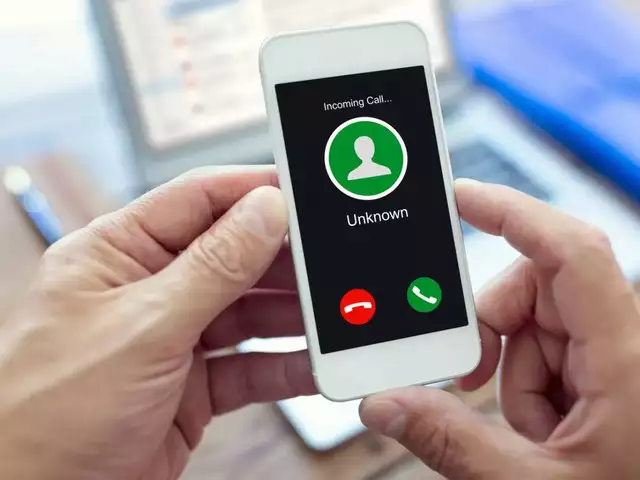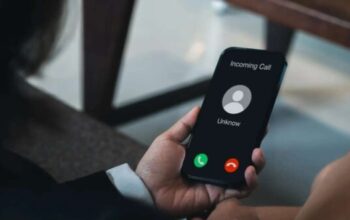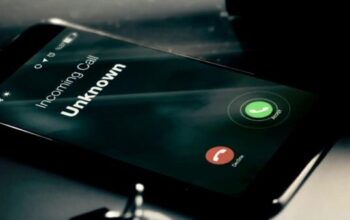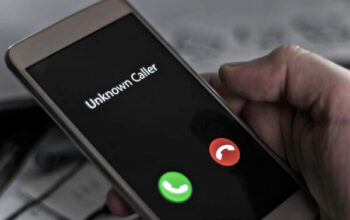Warning: 0120005441, 8008087000, 0120985480, 5031551046, 8009190347, 120999443, 222117258, 120252000, 0120-925-527, 120925318, 120998151, 570005040, 0120988315, 0120991013, 0120988315, 0120989393, 0120633439, 08005003225, 332659022, 120170001, 5088812828, 669104115, 5031599953, 120996085, 120979555, 8002229417, 922615616, 364358073, 8001009127, 5030336342, 120526888, 120917245, 364358073, 0120-252-000, 120868014, 120013175, 671669891, 120397663, 0570 005 040, 0120 247 218, 8007775926, 120426288, 050 3155 1046, 5053704031, 5031213937, 120954484, 0120 999 443, 120952650, 06 6910 4115, 120961600 in Japan.
In an increasingly digital world, phone scams have become more prevalent than ever before. A series of mysterious and suspicious calls originating from numbers such as 0120005441, 0120991013, 8008087000, 5031551046, 8009190347, 0120985480, and 120999443 in Japan have raised concern among citizens. These calls often involve fraudulent activities aimed at deceiving individuals and extracting sensitive information. In this article, we delve into the details of these phone numbers, explore the tactics scammers employ, and provide you with actionable tips on how to protect yourself from falling prey to their schemes.
Beware of Phone Calls from the Notorious Numbers:
It’s crucial to remain vigilant and cautious when receiving calls from the following numbers: 0120005441, 0120991013, 8008087000, 5031551046, 8009190347, 0120985480, and 120999443. Scammers often use these numbers to impersonate legitimate organizations or government agencies, aiming to gain your trust and manipulate you into divulging sensitive information or transferring money.
Unveiling Deceptive Tactics:
Scammers are known for their cunning tactics. They might pretend to be representatives from reputable companies, financial institutions, or even law enforcement agencies. They create a sense of urgency, insisting that immediate action is required to avoid dire consequences. Additionally, scammers might claim you’ve won a prize or offer a too-good-to-be-true deal to lure you into their trap. These tactics are designed to catch you off guard and manipulate your emotions, making it essential to stay alert.
Identifying Suspicious Calls:
To protect yourself from potential scams, it’s important to be able to identify suspicious calls. Here are some red flags to watch out for:
- Pressure to Act Quickly: Scammers often use urgency as a tactic. If the caller is pressuring you to make a decision or share information immediately, it’s a warning sign.
- Request for Personal Information: Legitimate organizations won’t ask you to provide sensitive information over the phone. Be wary if the caller asks for your Social Security number, bank account details, or passwords.
- Too-Good-to-Be-True Offers: If the caller is offering you an unbelievable deal or prize, be skeptical. If it sounds too good to be true, it probably is.
- Threats or Intimidation: Scammers might use threats or intimidation to control you. Remember, government agencies won’t threaten you over the phone.
How to Protect Yourself:
Shielding yourself from phone scams requires a combination of caution and awareness. Here’s what you can do to stay safe:
- Verify Caller’s Identity: If the caller claims to be from a company or organization, hang up and call the official number to verify their identity.
- Don’t Share Sensitive Information: Never share personal or financial information over the phone unless you initiated the call.
- Stay Calm and Skeptical: Maintain a level-headed approach and be skeptical of unsolicited offers or threats.
- Use Call Blocking: Utilize call-blocking apps or features on your phone to prevent further calls from suspicious numbers.
- Report Suspicious Calls: If you receive a suspicious call, report it to your local authorities or the appropriate regulatory agency.
FAQs about Phone Call Scams:
Q 1: How do scammers benefit from impersonating government agencies?
A: Scammers impersonate government agencies to create a sense of fear and urgency, making victims more likely to comply with their demands.
Q 2: What should I do if I’ve already shared information with a scammer?
A: Contact your bank or credit card company immediately to report the incident and take necessary steps to protect your accounts.
Q 3: Can scammers use technology to mask their real numbers?
A: Yes, scammers often use spoofing technology to manipulate their caller ID information, making it appear as if they’re calling from a legitimate source.
Q 4: Are there any legitimate reasons for a government agency to call me unexpectedly?
A: While it’s rare, government agencies might contact you for specific reasons. If in doubt, hang up and call the official agency number to confirm.
Q 5: How can I educate vulnerable family members about phone scams?
A: Have an open conversation with them about potential phone scams, provide examples, and share safety tips to ensure they’re aware and cautious.
Q 6: What legal actions are being taken against these scammers?
A: Law enforcement agencies are actively investigating and prosecuting scammers involved in fraudulent activities, but it’s essential to remain vigilant on an individual level.
Conclusion:
The wave of phone scams originating from numbers like 0120005441, 0120991013, 8008087000, 5031551046, 8009190347, 0120985480, and 120999443 in Japan is a concerning trend. By staying informed and alert, you can protect yourself and your loved ones from falling victim to these deceptive tactics. Remember, caution and skepticism are your best allies in the fight against phone scams.




